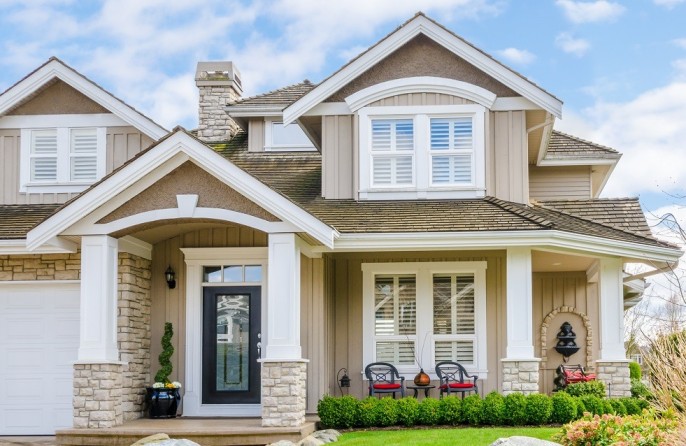
Table of Contents:
- Key Takeaways
- Why Exterior Paint Choice Matters
- The Science of Paint: Understanding Durability
- Color Psychology and Your Home
- Climate Considerations for Exterior Paints
- Preparation and Application: Tips for Success
- Environmentally Friendly Paint Options
- Maintenance and Upkeep of Your Exterior Paint
- The Impact of Paint Trends on Resale Value
- Expert Insights on Paint Brands and Qualities
- Common Questions and Concerns About Exterior Painting
Key Takeaways
- Choosing the right exterior painting can enhance curb appeal, ensure durability, and affect your home’s resale value.
- Climate, environmental considerations, and paint science should guide your selection to guarantee long-lasting results.
- A successful exterior paint job requires meticulous preparation, application, and maintenance.
Why Exterior Paint Choice Matters
Choosing the appropriate exterior paint marks the initial step toward enhancing the beauty of your home facade. This decision holds significance, as it not only influences the visual charm of your residence but also shields it from the diverse elements of the environment. This process is integral to exterior painting projects. With a wealth of options at your disposal, understanding the nuances of different paint types becomes critical in enduring quality. A wise paint selection can protect your home from weather damage, prevent wood rot, and save you from frequent repaints, ultimately contributing to the longevity and vitality of your home’s outer shell.
The Science of Paint: Understanding Durability
The longevity of an exterior paint application is still possible but instead results from scientific advancements. Modern exterior paints are sophisticated mixtures engineered to withstand harsh conditions. High-quality paints contain refined resins, offering flexibility and weather resistance, which are crucial for preventing cracks and peels. Additionally, additives like mildewcides are incorporated to safeguard against fungal growth, particularly in humid climates. This scientific approach is also relevant to interior painting projects. Opting for a paint that promises UV protection can also shield your home’s exterior from the relentless sun, preserving the vibrancy of the color for years.
Color Psychology and Your Home
Choosing the ideal exterior color for your house is a great way to convey its personality. It is an opportunity to make a personal statement or conform to a community’s architectural harmony. The psychology of color holds that different shades evoke different emotions and can indeed alter perception. A sunlit yellow might project cheerfulness, while a slate grey might exude sophistication. But beyond subjective preference, the choice of color can affect practical considerations, such as heat absorption or the camouflaging of structural irregularities. Through thoughtful selection, a house can be transformed into a reflection of the occupants’ personalities or a beacon of modern design.
Climate Considerations for Exterior Paints
Your region’s climate is critical to selecting a fitting exterior paint. Coastal homes, for example, require marine-grade paints that can ward off salt spray and prevent rusting of metal fixtures. Conversely, desert domiciles benefit from highly reflective paints that repel solar heat, keeping interiors cooler and reducing energy costs. Even within climatic zones, microenvironments such as urban heat islands or shaded woodlands can shape the type of …